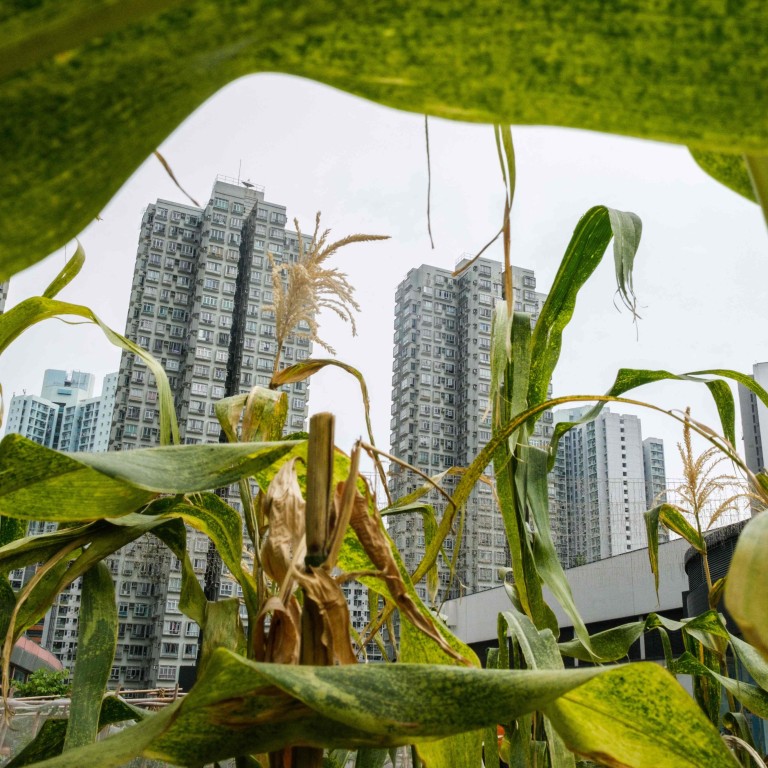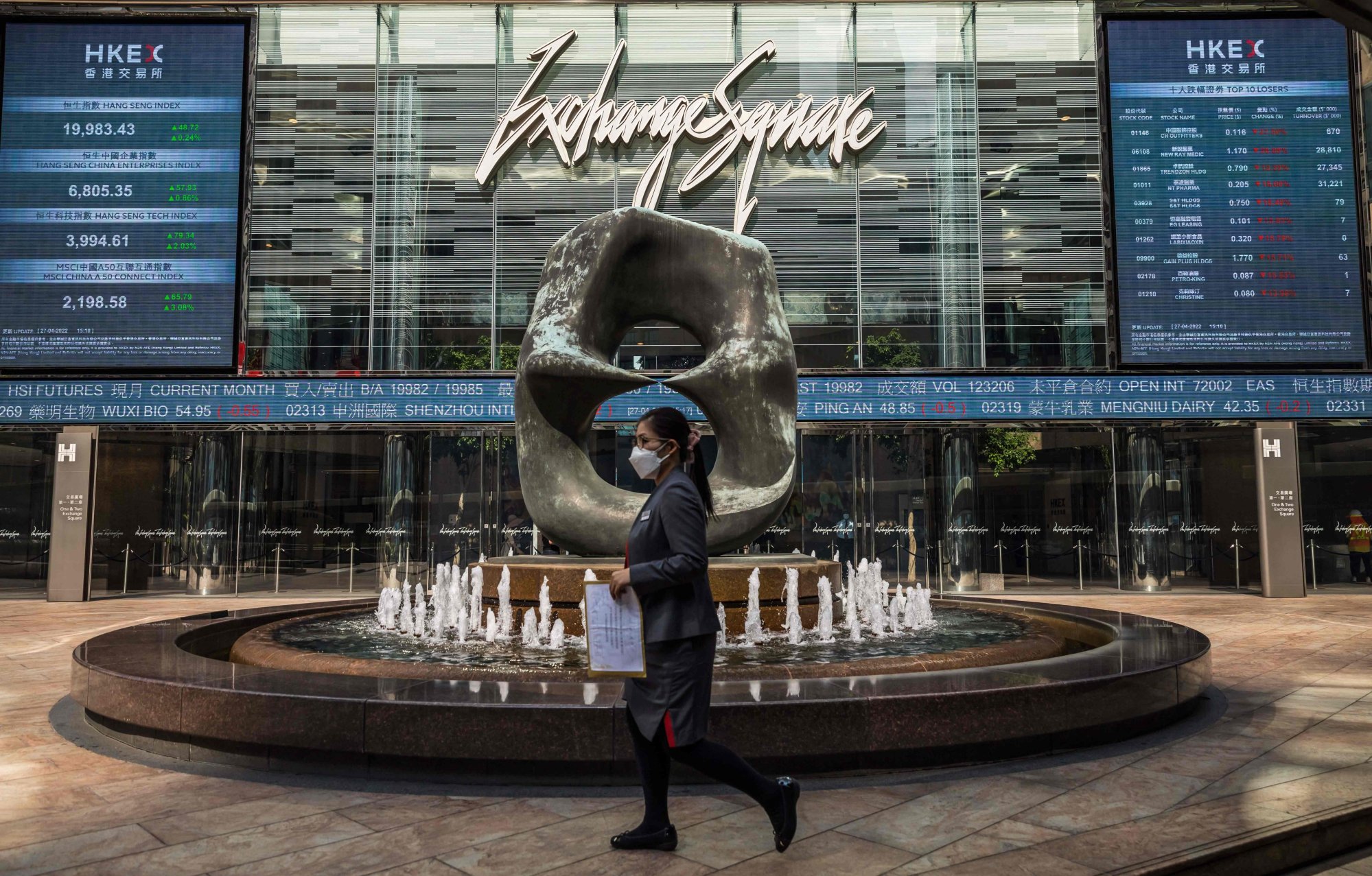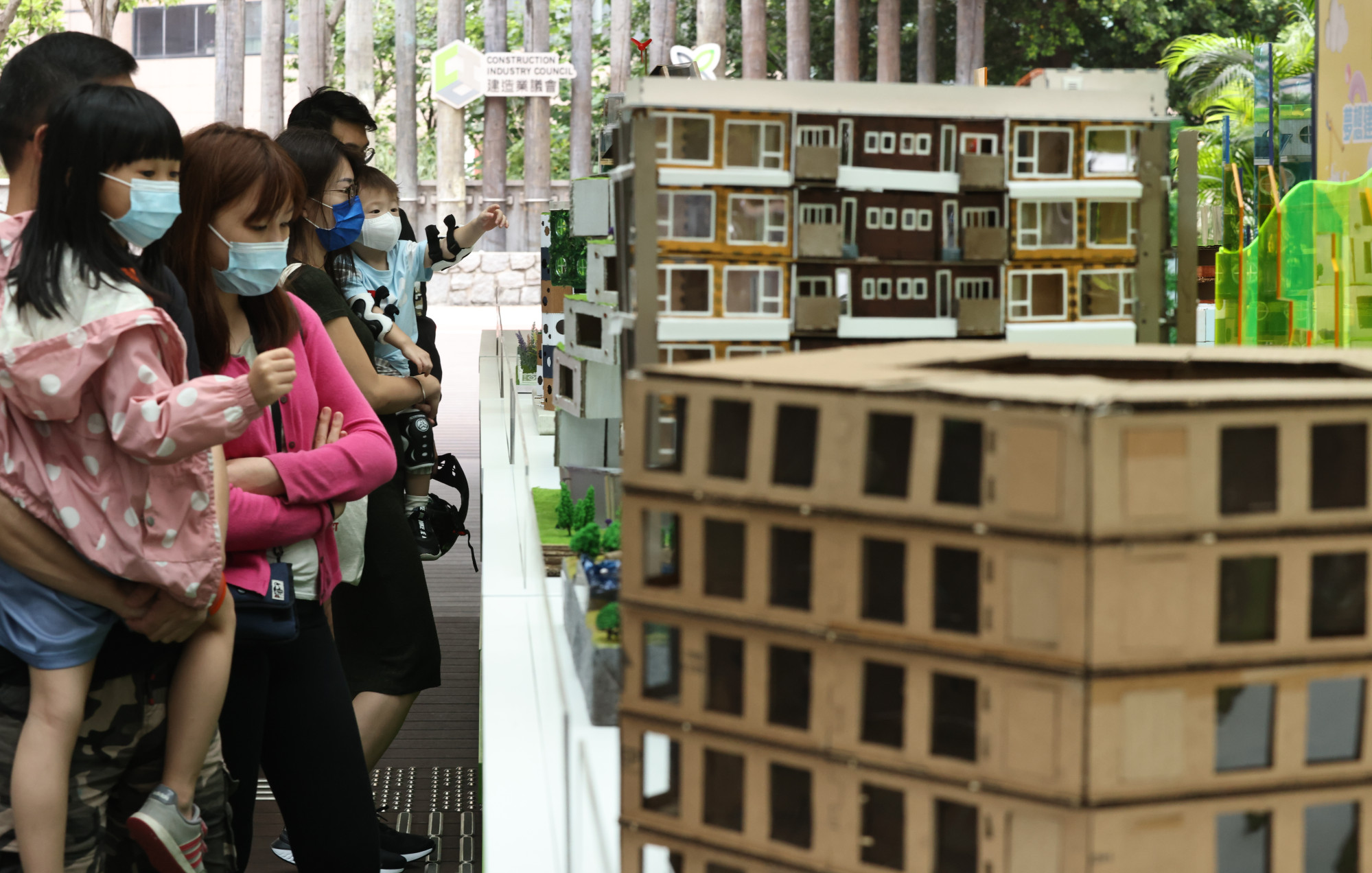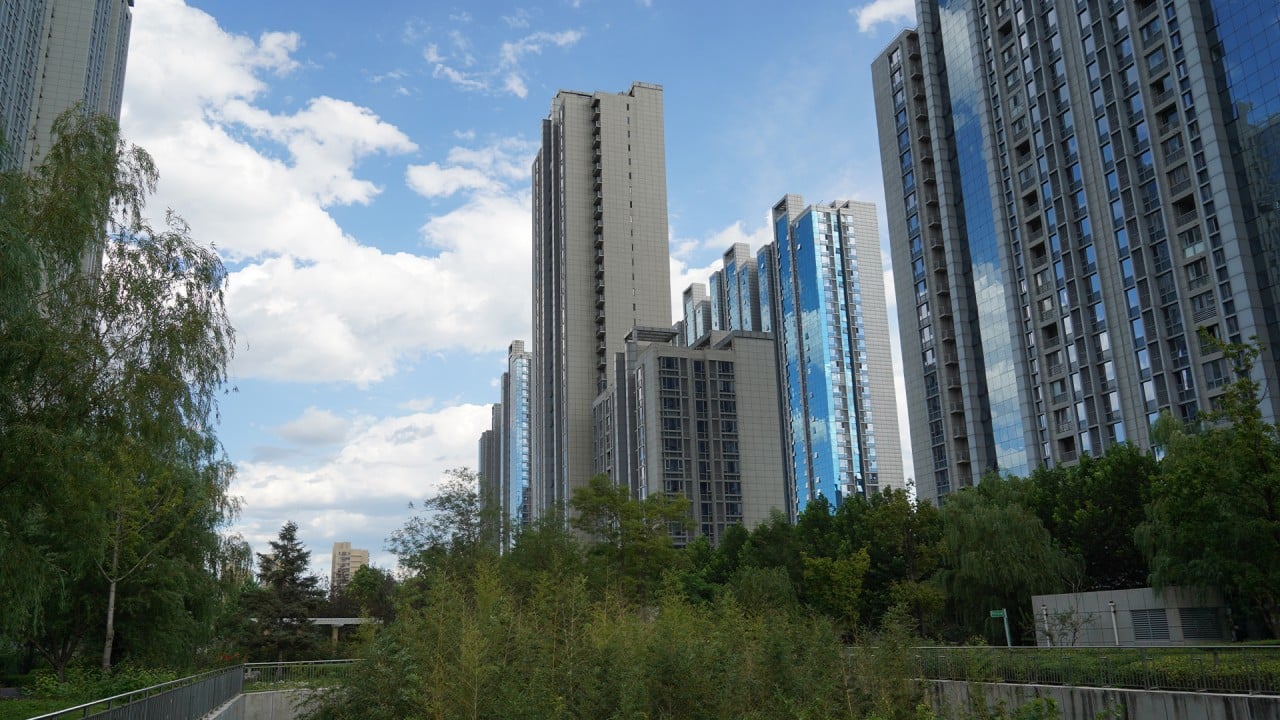
Hong Kong has the ability to be a green finance hub, but none of the vision
- The success of the government’s green bond scheme provides plenty of scope for investing in groundbreaking energy projects and pursuing ambitious climate policy
- Yet, our leaders can’t seem to think bigger than a few low-carbon buildings and waste management fees
Covid-19 has given many in Hong Kong a renewed appreciation for green living. During the pandemic, our sprawling country parks and stretches of coastline provided respite from the tense, dense city. Communing with nature was one of the things that friends told me had kept them sane over the past two years.
Though both goals are laudable and within reach, the government’s Retail Green Bond issuance feels more like cynical box checking than the opportunity it could be.
Why couldn’t Hong Kong use the bond as a platform to showcase its investment in climate mitigation, enhancing its green finance bona fides with a plan that citizens could get behind?
Hong Kong is already a finance hub. The HKEX, its stock exchange, has a market capitalisation several times higher than that of Singapore, its regional rival, and has strong sustainability disclosure rules.
The HKEX’s Bond Connect scheme allows investors from the mainland and overseas to trade in each other’s bonds, positioning the exchange and broader financial ecosystem to benefit from future Chinese green bond issuance.
The finance side is there. It’s the climate vision that is lacking.

The world’s global mean temperature is on track to hit 1.5 degrees of warming in the early 2030s. Over the next 15 to 20 years, the government will devote about HK$240 billion to climate change mitigation and adaptation. A robust programme of Green Bond issuance is, indeed, under way to finance it. The problem is, the projects which money is being raised for are quite ordinary, and that is a shame.
From a finance perspective, Hong Kong’s green bond issuance has been a success. Investors snapped up the Retail Green Bond, marketed to the public for a minimum investment of HK$10,000. The offering was 1.2 times oversubscribed and was increased from HK$15 billion to HK$20 billion.
The bond’s 2.5 per cent interest rate (a floor rate which adjusts for consumer price inflation) and short 3-year maturity were seen as attractive in a rising rate environment. In addition, owning green bonds is a popular form of virtue signalling for retail and institutional buyers, and Hong Kong has successfully marketed institutional green bonds previously.
And yet, the projects to be funded, including the Organic Resources Recovery Centre Phase 2, water and waste management, and green buildings, specifically the New Acute Care Hospital at Kai Tak Development Area, are nothing new. Nothing to get people excited about the future. Nothing to win their trust.
Here’s how your investment in Hong Kong’s green bond fights climate change
Responding to the project prospectus, Edwin Lau Che-feng, founder and director of environmental NGO The Green Earth, wrote to me: “The projects funded by the government's green bond are some low-level stuff such as green buildings and waste water treatment, when the government should make these projects green and low-carbon anyway.
“[It] should use the money from green bonds to develop wind, solar, energy storage or large-scale afforestation projects, which are key to decarbonisation.” I agree.

Yet, under Lam’s stewardship, Hong Kong has done little to align regulation or market incentives with its stated goal.
These include: stronger building codes; more frequent energy audits and publishing of building performance data; retrofitting existing government buildings and improving design standards in public housing; increasing renewable energy generation; mandating disclosure to the Task Force on Climate-related Financial Disclosures, implementing a carbon tax and participating in a regional emissions trading system. Unfortunately, few of these ideas have been taken up.
The government should prick up its ears for suggestions from businesses and civil society. Such active listening would bolster Hong Kong’s reputation now, when many NGOs have fallen silent or disbanded.
By renewing its sustainability road map informed by expert opinions, the government could both demonstrate expertise to potential green finance customers, and raise the standard of living through sustainable development.
Unfortunately, chief executive-elect John Lee Ka-chiu’s track record and recently released manifesto do not presage such a change. Innovative thinking on climate mitigation seems likely to remain low on the government’s agenda at a time when the world’s carbon budget is fast depleting.
Jill Baker is adjunct fellow at Asia Business Council


